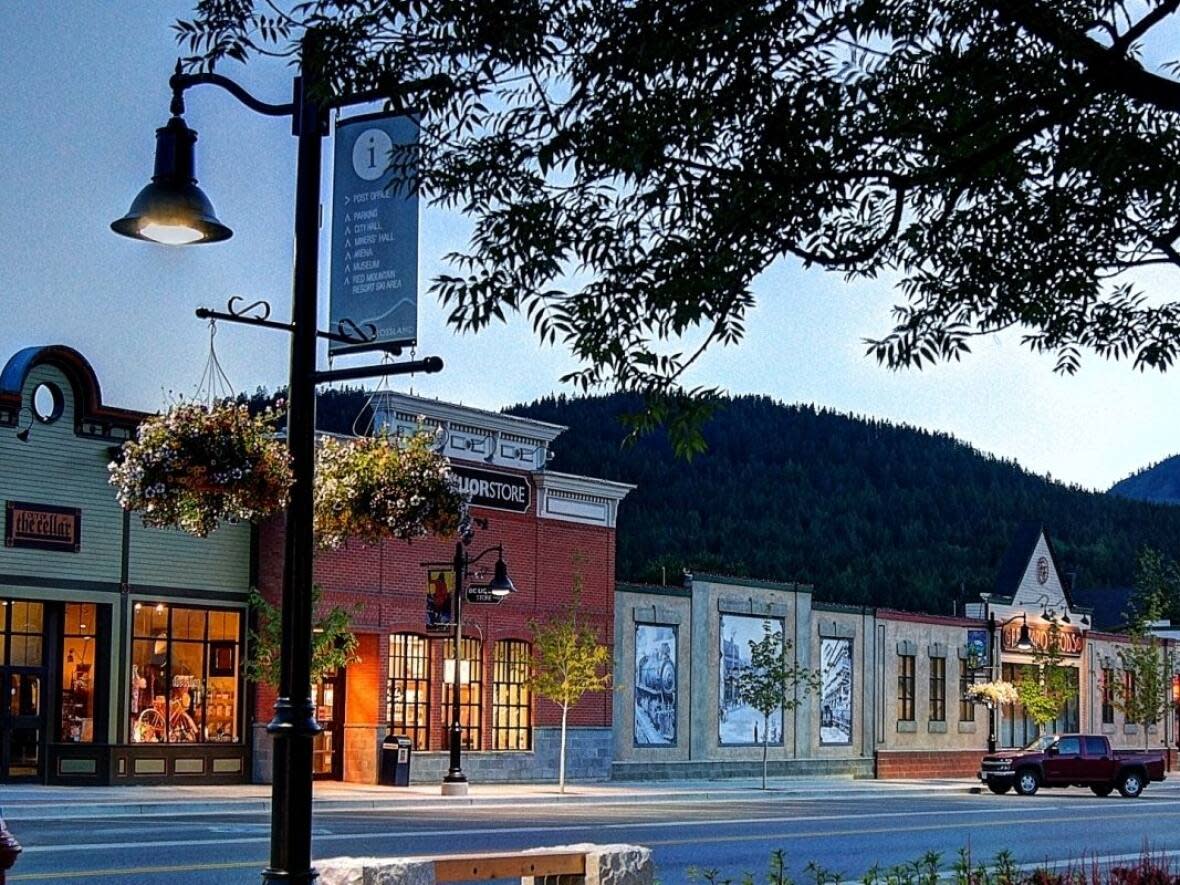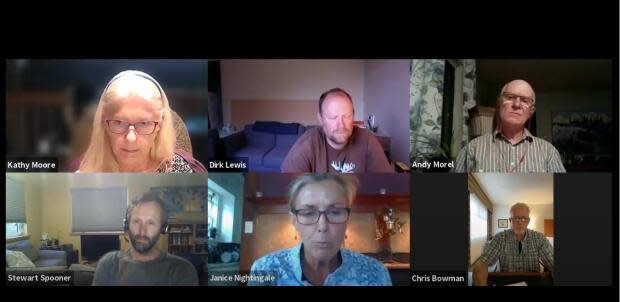B.C. court ruling shows local government meetings need more transparency, legal expert says

A legal expert is calling for more local government transparency after a recent court case overturned decisions made by the City of Rossland in B.C., regarding development permits.
On Jan. 16, the B.C. Supreme Court ruled that the West Kootenay municipality — home to more than 4,000 people located near the Canada-U.S. border — must grant a local resident's applications for development permits to allow for timber to be removed from his four properties.
The court verdict says the city council "acted in bad faith" when rejecting the applications.
Based on transcripts of council meetings held on July 12 and Aug. 9, 2021, Justice Lyndsay Lyster wrote that councillors' "motivations and reasons are quite apparent."
The ruling said the city struck down developer Warren Hamm's requests, even though council understood the requests complied with Rossland's local bylaws and it would be unlawful to reject them based on an "incorrect" interpretation of the Official Community Plan (OCP).
'Improper purpose'
The justice added that after the rejections, council passed a new Tree Management Bylaw, making it impossible for him to apply for similar development permits in the future.
"They imposed obligations on the petitioners [Hamm's companies] not found in the official community plan in order to prevent the logging which they found distasteful, " Lyster wrote. "This amounts to an improper purpose."
Hamm's lawyer Jesse Gelber, based in Trail, B.C., said he was able to transcribe the council meetings in question, thanks to the city's practice of holding virtual council meetings and uploading their video recordings onto YouTube for public access during the height of COVID-19 pandemic.
"If we had not had that recording, it would have been very, very difficult to present to the court what was the rationale or what was going through the minds of the decision-makers," Gelber said.
"If this had not been recorded on YouTube, it would have been extremely hard, if not impossible, to get the result we got."

No legal obligation to provide verbatim records
B.C.'s Local Government Act requires municipalities and regional districts to make legible and accurate written minutes and open them to public access, but it doesn't specify how detailed those minutes should be, and it doesn't require local authorities to video-record meetings and upload recordings to video-sharing sites.
Duff Conacher is the founder of Democracy Watch, an Ottawa-based advocacy group for government transparency, and a PhD candidate in law at University of Ottawa. He said unlike federal and provincial governments, municipal governments aren't legally bound to produce verbatim written records of what lawmakers have said. The records are known as a Hansard in Canada and other Commonwealth countries.
"When you don't have that kind of record, it's pretty easy to cover up bad-faith decisions," Conacher said. "If it had just been vague minutes, it would have been much more difficult to make the case that the council interpreted the law incorrectly."
Justice Lyster wrote that councillors were entitled to their personal views about the development permit applications, but they weren't entitled to adopt "an inferior…interpretation of the OCP" in order to impose their personal views on the applicant.
Conacher said councillors should ensure they make their decisions in a fair, democratic and transparent manner.
"If you're going to serve the public, you have to serve the public well and fairly, or you are going to be held accountable," he said.
The City of Rossland's YouTube page shows that the last council meeting uploaded to the site is dated Oct. 18, 2021.
Conacher says that the province should consider imposing best practices or enhanced rules for how municipalities produce and keep records of their meetings.


